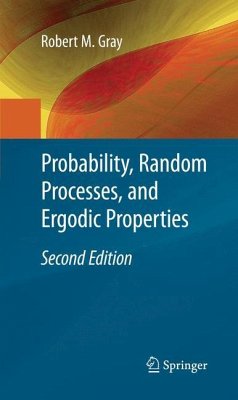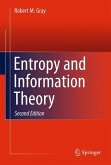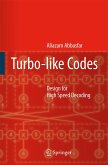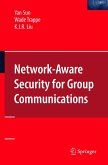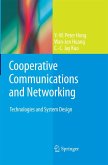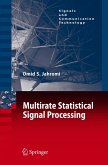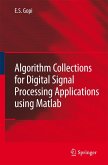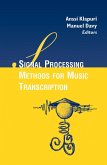Probability, Random Processes, and Ergodic Properties is for mathematically inclined information/communication theorists and people working in signal processing. It will also interest those working with random or stochastic processes, including mathematicians, statisticians, and economists.
Highlights:
Complete tour of book and guidelines for use given in Introduction, so readers can see at a glance the topics of interest.
Structures mathematics for an engineering audience, with emphasis on engineering applications.
New in the Second Edition:
Much of the material has been rearranged and revised for pedagogical reasons.
The original first chapter has been split in order to allow a more thorough treatment of basic probability before tackling random processes and dynamical systems.
The final chapter has been broken into two pieces to provide separate emphasis on process metrics and the ergodic decomposition of affine functionals.
Many classic inequalities are now incorporated into the text, along with proofs; and many citations have been added.
Highlights:
Complete tour of book and guidelines for use given in Introduction, so readers can see at a glance the topics of interest.
Structures mathematics for an engineering audience, with emphasis on engineering applications.
New in the Second Edition:
Much of the material has been rearranged and revised for pedagogical reasons.
The original first chapter has been split in order to allow a more thorough treatment of basic probability before tackling random processes and dynamical systems.
The final chapter has been broken into two pieces to provide separate emphasis on process metrics and the ergodic decomposition of affine functionals.
Many classic inequalities are now incorporated into the text, along with proofs; and many citations have been added.
From the reviews of the second edition:
"This is the second edition of the classic text book by Robert M. Gray on information theory for engineers working in information theory and signal processing. ... The new material and the new structure of the text make it an even more valuable introduction to the ergodic theory of random process for students with little or no background from probability and measure theory." (H. M. Mai, Zentralblatt MATH, Vol. 1191, 2010)
"This is the second edition of the classic text book by Robert M. Gray on information theory for engineers working in information theory and signal processing. ... The new material and the new structure of the text make it an even more valuable introduction to the ergodic theory of random process for students with little or no background from probability and measure theory." (H. M. Mai, Zentralblatt MATH, Vol. 1191, 2010)

